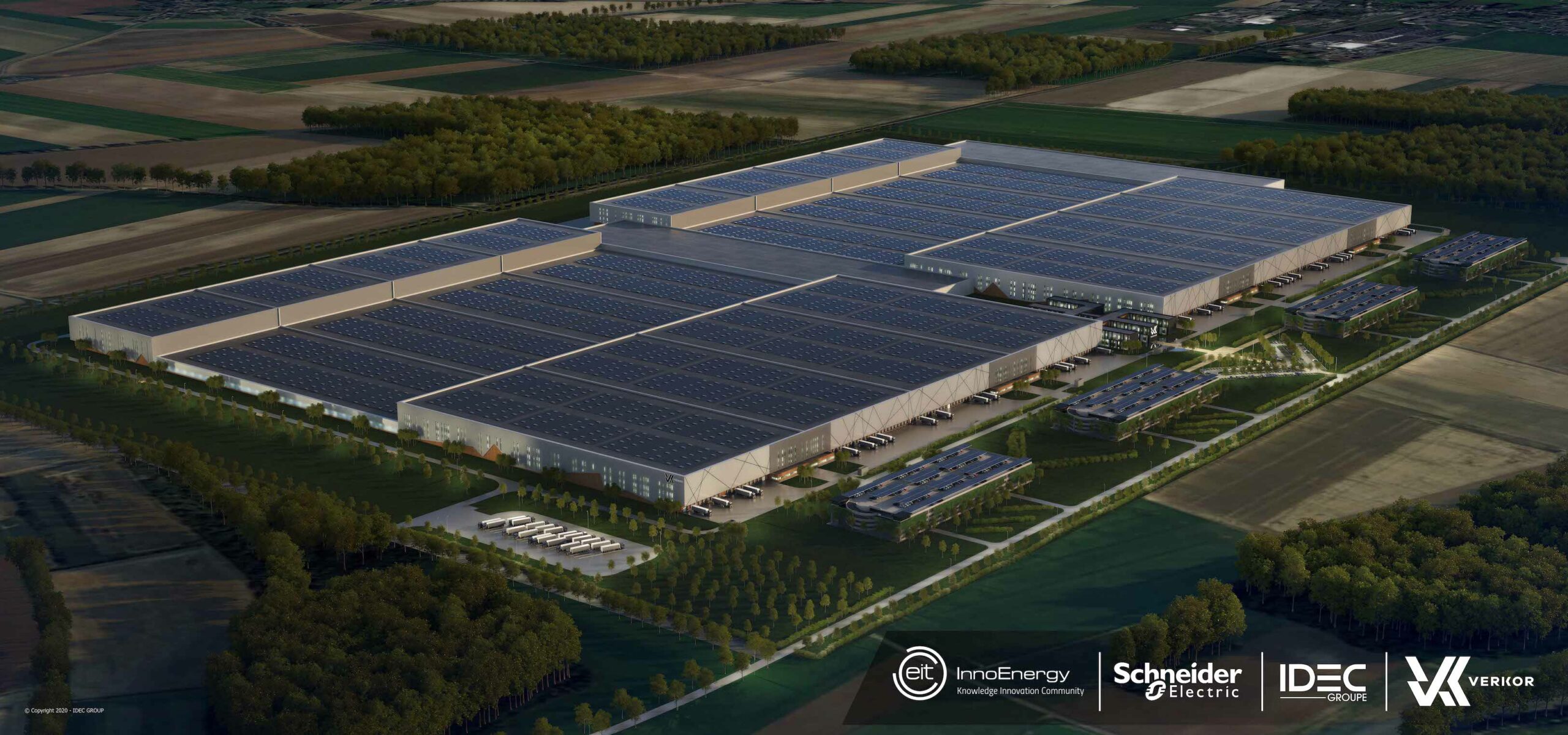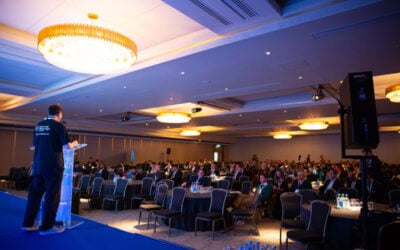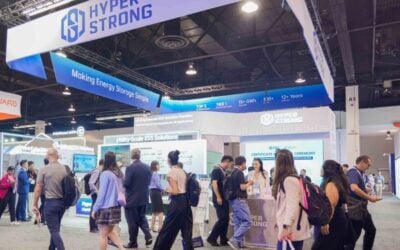
The European Union (EU) looks set to introduce the “most extensive product legislation in the world for batteries,” but its potential shortcomings include the risk that battery prices could go up and that established manufacturers from Asia might be better positioned to benefit from the rules than the new European value chain.
That’s according to analysis by Hans Eric Melin at Circular Energy Storage, a London-based consultancy dedicated to the circular economy as it relates to batteries for electric vehicles (EVs) and stationary energy storage. Melin emailed Energy-Storage.news this week noting that the EU regulation sets direct requirements for “all involved players” in the value chain in all 27 EU Member States.
Melin said the new regulations, which seek to address concerns over sustainability as well as the environmental and social impacts of battery manufacturing, supply and end-of-life management are “long overdue,” replacing as they do the EU Battery Directive adopted in 2006, in a time before EVs and battery storage were pushing towards the mainstream.
With requirements to be introduced on everything from labelling to maximum carbon footprint and recycling, value chain diligence and third-party access to battery information, the rules for Europe – which Circular Energy Storage has identified as “one of the most important battery markets in the world” – will have an impact on global battery production.
Try Premium for just $1
- Full premium access for the first month at only $1
- Converts to an annual rate after 30 days unless cancelled
- Cancel anytime during the trial period
Premium Benefits
- Expert industry analysis and interviews
- Digital access to PV Tech Power journal
- Exclusive event discounts
Or get the full Premium subscription right away
Or continue reading this article for free
RECHARGE, a trade association for European battery manufacturers, told Energy-Storage.news a few days ago that it welcomed the regulation, particularly the introduction of rules on carbon footprint and due diligence, but that the legislation as a whole remains complex and risked “over-regulating” the industry.
Melin said it was “a bit concerning” that it will take some time before many of those requirements come into force. While Europe has focused strongly on establishing manufacturing bases for batteries within the continent, this delay may enable already-established players to adapt to legislation before the European companies can get a competitive foothold.
Indeed, China and South Korea have already implemented some rules on recycled content and other sustainability issues, and the new regulation to some degree reflects how the existing value chain in those countries already functions, a value chain that is, Melin pointed out, “controlled by profitable companies with positive cash flow”.
“In fact very little says that European companies, often with short trading history, are better equipped than Asian companies to fulfil the new requirements,” he wrote.
There is also concern that final targets for many of those key performance metrics such as carbon footprint and recycled content are not yet in place, which creates a degree of uncertainty, Melin wrote in an analysis note sent to Circular Energy Storage’s subscribers. That said, if those requirements are “bold and ambitious,” the legislation “will be a very important driver for a more sustainable battery value chain,” according to the consultant.
Circular Energy Storage’s analysis drilled down into a number of other significant topics around the regulation, such as around end-of-life, second-life battery use and more. One of the other key takeaways is that while the European Commission’s stated aims include creating a competitive market centred around sustainability, in a market that has largely been driven by price – to paraphrase Vice-President of the European Commission for Interinstitutional Relations Maros Sefcovic – this might come at the risk of increasing battery prices, or at the very least slowing down efforts to decrease costs in Europe while costs go down elsewhere in the world.
“Although this is well aligned with the intention of the new regulations, to go from focus on price to focus on sustainability, the decline in price of energy storage has after all been a key driver to enable increased level of electrification and the use of batteries in new applications for increased efficiency,” Hans Eric Melin wrote.





